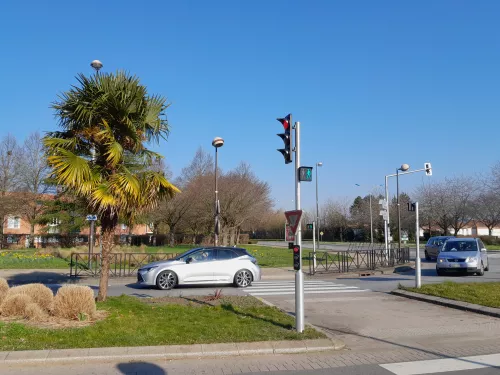
Assessing environmental impacts

A multi-criteria scientific approach
LCA is a standardised method based on a multi-criteria approach that considers impacts on air, water, soil, resource consumption and waste production.
LCA identifies and quantifies the material and energy flows associated with activities throughout a product’s life, and assesses their impact on the environment This global analysis helps to avoid pollution shifts from one stage of the life cycle to another.
It therefore represents a real decision-making tool for eco-design and public policy.
All our LCAs are carried out following the NF EN 15 804 A+1/CN standard, ensuring that the ethics, quality and transparency of the study are respected.
Tangible benefits for the environment
By offering comparative analyses, Aximum can accurately assess the gains in terms of CO² eq between two technical solutions, thus lending support to its customers in the challenges of protecting the environment.
The comparative analysis is based on the concept of an identical service rendered, so that a relevant comparison can be made within the framework of a given ‘functional unit’: equipping a linear barrier, marking a defined number of m², etc. For a better understanding, the results and environmental benefits are compared with the equivalent impact of a resident or a vehicle, in terms of CO² emissions and energy consumption.
In this way, managers can measure the environmental benefits of the technical choices made in new projects and in road equipment maintenance policies.


Customised studies
Whether for road marking or vertical signage, road restraint systems or markings, Aximum offers LCA studies that consider the realities of its customers’ projects: product volumes, distances between the places of production and use, estimated lifetime, and end-of-life waste treatment conditions.
The analyses carried out cover a dozen environmental impacts, including climate change, water consumption, air and water pollution, depletion of fossil and mineral resources, etc.
These indicators are assessed at each stage in the life of the product: production of raw materials, manufacturing, packaging, transport to the site, implementation, life in use including any servicing or maintenance work, end of life such as de-installation, treatment and recovery of waste.
Each analysis is therefore unique, guaranteeing the relevance of the data communicated for each operation.
